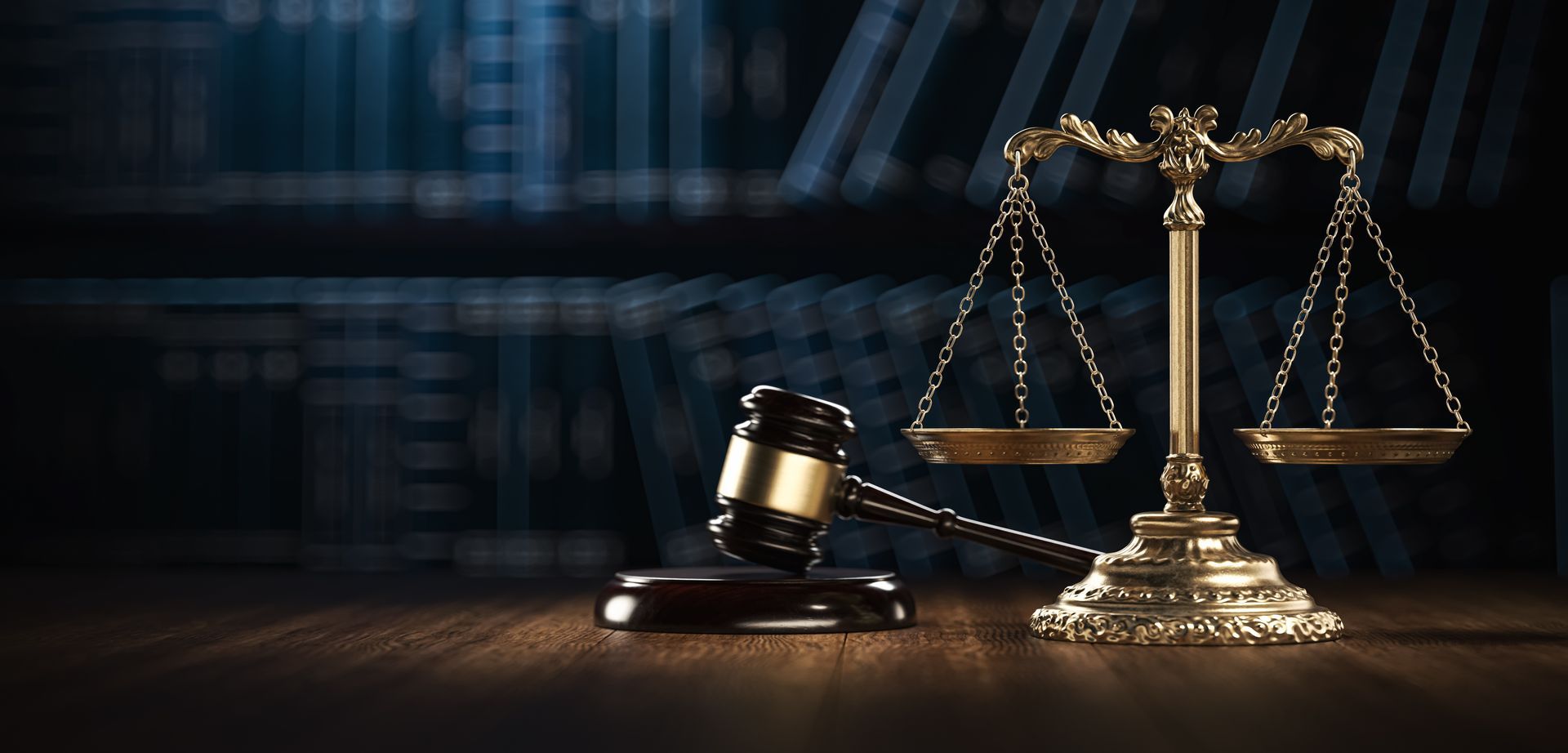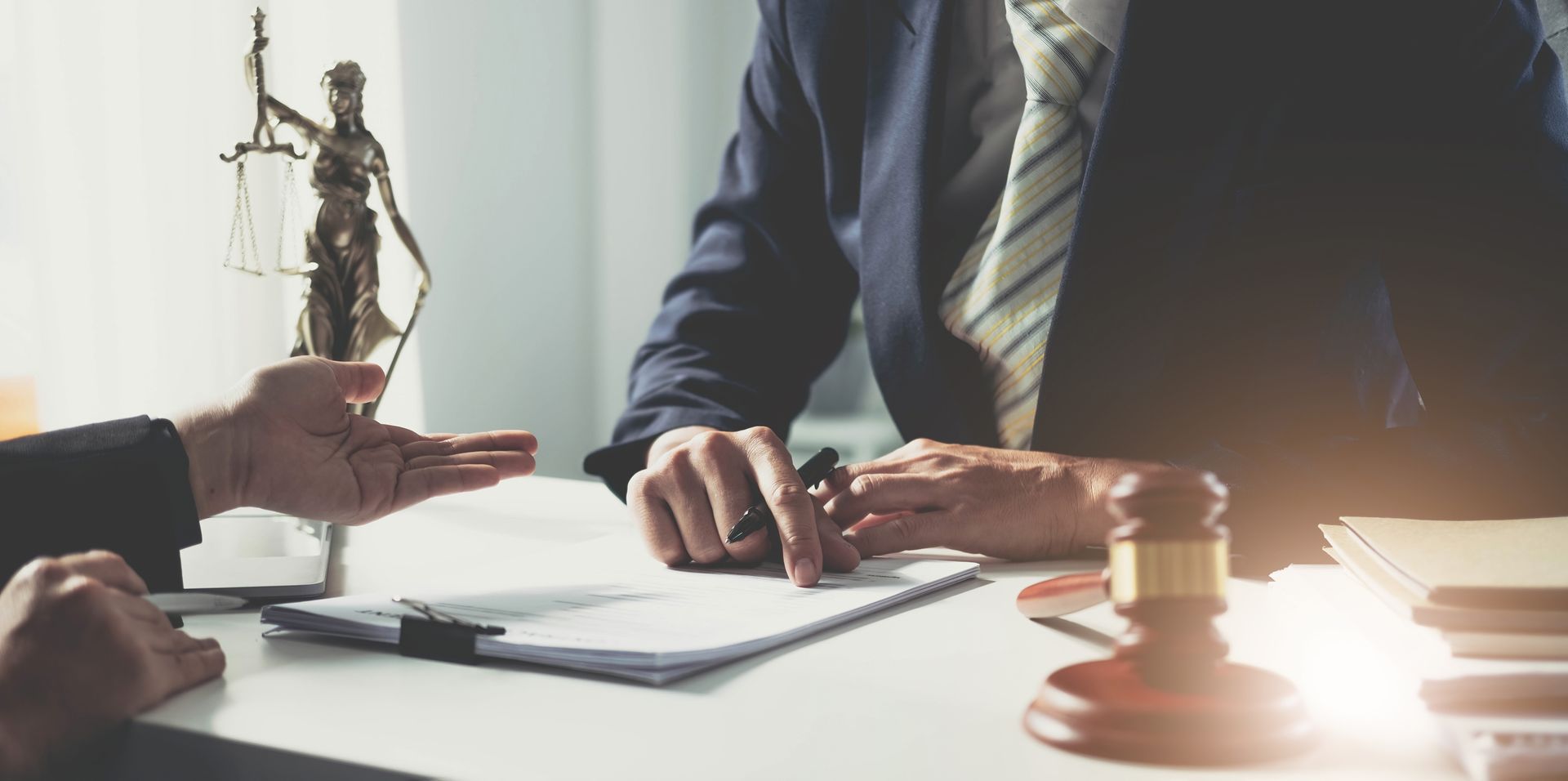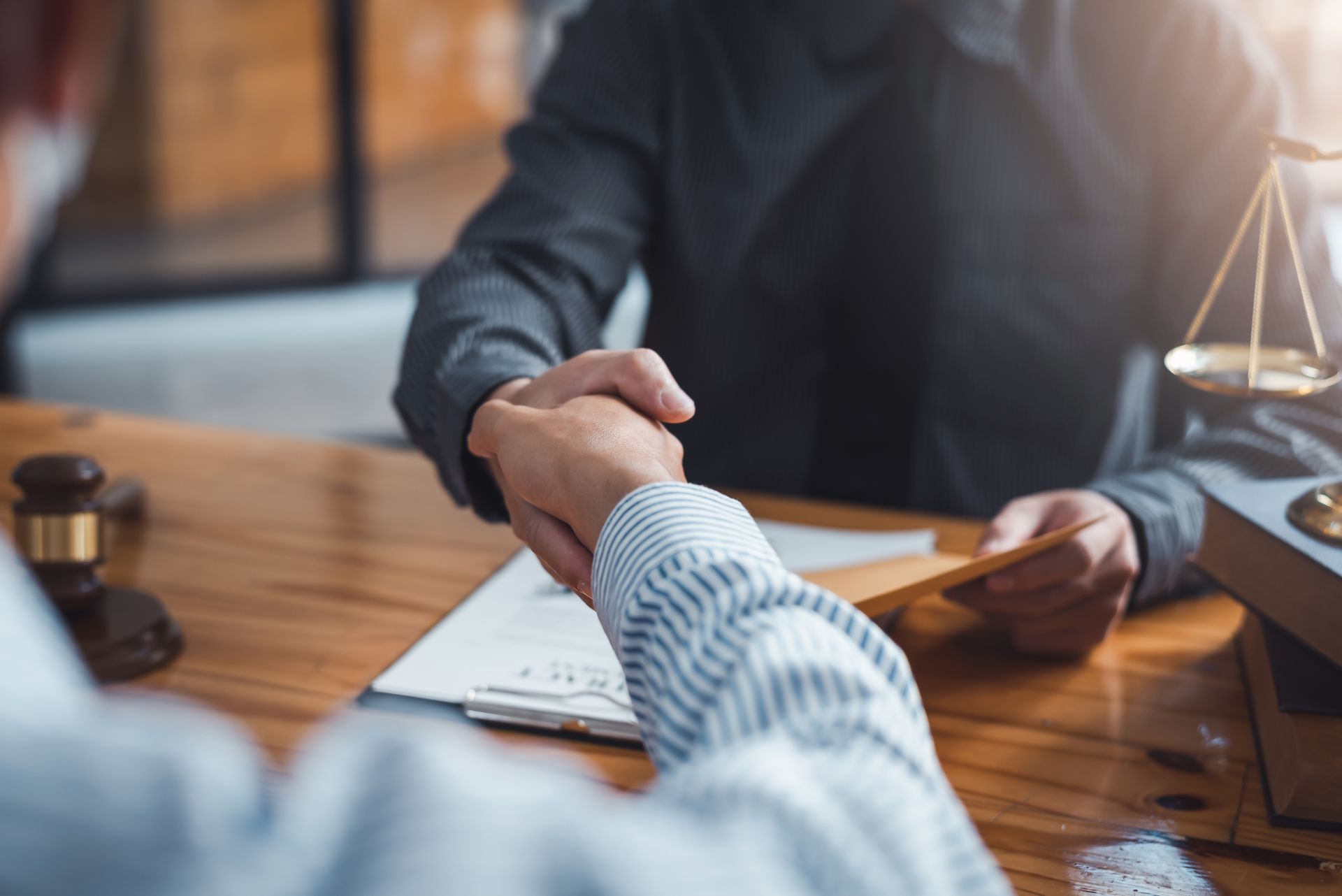What to Expect at Your Deposition
A deposition is a formal, sworn statement given before trial as part of the discovery process in litigation. It's an opportunity to gather information, clarify facts, and evaluate the witness.
As an attorney with years of experience in civil litigation, I've attended countless depositions, representing both plaintiffs and defendants alike. The deposition phase is important because it’s interactive and less controlled than written discovery.
Understanding Depositions
Depositions are taken under oath, meaning that the testimony given by the deponent (a party or witness) has the same force and effect as if they were testifying in court. Lawyers from each sides will have the opportunity to question the deponent. The answers are recorded and transcribed for future reference.
Who's Going to Be There?
Typically, the people present at a deposition include the deponent (the person being deposed), attorneys for all parties involved, and a court reporter who records the proceedings. Sometimes, a representative from each party may also attend. As your attorney, I will be present to protect your interests, ensuring that all the questions asked are appropriate and relevant to the case.
If my client is being questioned, the opposing attorney will likely lead the questioning, but rest assured, I will object to any inappropriate lines of inquiry.
The Location
Depositions usually take place in a lawyer's office, often in a conference room. Despite not being in a courtroom, the proceedings are formal. While the environment may be less intimidating than a courtroom, the proceeding is still serious.
Before Your Deposition
Preparation is key to a successful deposition. As your attorney, I will work with you to review the facts of the case and discuss potential questions.
In addition to refreshing yourself on the case's facts and anticipating potential questions, it's important to consider how you present your testimony. Body language and tone can significantly impact how your testimony is perceived. Practice answering questions in a calm, clear, and concise manner. Avoid using filler words and remain composed, even if the questions you're asked become challenging.
Also, make sure to get a good night's sleep before the deposition and dress professionally to convey respect for the process. Being well-rested and presentable not only improves your ability to think and respond effectively but also makes a positive impression on all the participants. Remember, how you present yourself can reinforce your credibility as a witness.
It's natural to feel nervous but remember that my role is to guide you through this process. Part of that is preparation.
What Happens During the Deposition?
During the deposition, the deponent will be asked a series of questions about the case by the opposing attorney. The court reporter will record the answers verbatim. It's not just about recounting facts; it's also an opportunity for the other side to assess the deponent as a potential witness at trial.
- Oath Taking: The deposition begins when the deponent is administered an oath by the court reporter. This is the promise to tell the truth. This is the same oath that is used in a courtroom, and the testimony has the same force and effect as if it were in front of a judge or jury.
- Introduction by Attorneys: After the oath, the attorneys present will have a chance to introduce themselves and make any preliminary statements. This is often where the ground rules for the deposition are discussed.
- Questioning by Opposing Counsel: The primary phase of the deposition involves questioning by the attorney who set the deposition. This lawyer will ask a series of questions related to the case to gather evidence, clarify facts, and assess the credibility and reliability as a witness. If it is your deposition, it’s vital to listen carefully to each question and take your time before answering.
- Objections: Throughout the questioning, your attorney has the right to object to certain questions. It is important to understand that most objections don't mean the deponent can refuse to answer. Instead, the objections are noted for the record and can be addressed later if the deposition transcript is introduced at trial. This is because there is no judge present to rule on an objection.
- Breaks and Comfort: Depending on the length of the deposition, breaks are usually allowed. If a break is needed, the deponent can request one, but they may need to answer the pending question before taking the break.
- Review of Documents: Documents may be reviewed at the depositions and questions asked about them. These might include emails, contracts, photographs, or any other form of evidence that might relate to the case. The attorneys are entitled to know what the deponent reviewed to prepare for the deposition.
- Your Attorney's Questions: After the opposing counsel has finished their line of questioning, the other attorneys in the case, including the attorney for the deponent (if any) may ask questions. This can help clarify certain points or provide the deponent with an opportunity to explain or expand upon their answers, depending on who is asking the questions.
- Conclusion: Once all the questions have been asked, the deposition concludes. The transcript of the deposition will be prepared and delivered to all parties for review. The witness has the right to review the transcript and make corrections. The corrections are subject to comment at trial. A major change could be damaging to the deponent’s credibility because it may be seen as changing their story.
While a deposition can be a challenging experience, proper preparation and understanding of the process can help you navigate it successfully. It is important to meet with your attorney for guidance, practice answering questions, and maintain professionalism on the day of the deposition. By following these steps, you'll be well-equipped to provide accurate and concise answers during your deposition.
The Don'ts of a Deposition
Do not try to guess or speculate if you're unsure about an answer. It's perfectly acceptable to say you don't know or don't remember. Don't let opposing counsel rush you, and don't volunteer information that hasn't been asked for. Remember, the deposition isn't a conversation; it's a formal legal proceeding.
What Happens After the Deposition?
After the deposition, the court reporter will transcribe the proceedings. You'll have the chance to review the transcript for errors before it's finalized. This transcript can be used as evidence in court and may play a significant role in the outcome of your case.
Once the deposition phase is completed, we'll reassess our strategy based on the new information gathered. This continual adjustment is part of the strategic approach I take in every case, ensuring that we're always prepared, no matter how the case evolves.
Trusted Legal Guidance
Remember, a deposition can seem daunting, but with careful preparation and experienced legal representation, you'll be well-equipped to navigate this crucial step in your legal journey. Contact my firm, John F. Bradley, Jr. Attorney at Law, today to schedule a consultation and get the help you need with a deposition.




